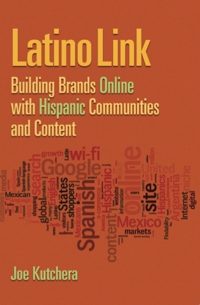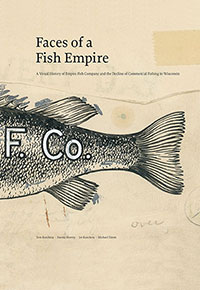What will Obama’s online success story of using online and social media to build his voter base mean for countries outside of the U.S.?
I hadn’t thought about it until having lunch with Mauricio Vazquez and Martha Carrasco from Havas Digital in Mexico City. Mexico will have its first post-Obama election in 2012 when Felipe Calderon’s 6-year term comes to an end. And the digital agencies are already fielding questions from the political parties interested in how to replicate Obama’s success.
Note Obama’s interactive statistics as featured in the article “America Online” in the February, 2009 issue of Wired.
- 20,300,000 visits to his YouTube channel since its September, 2006 launch
- Email database of 13 million people
- Over one million cell phone numbers in his database
- $500,000,000 USD in online donations, many from small donors
- 150,000+ subscribers to his Twitter feed
- My.BarackObama.com enabling users to set up profiles and connect with other fans to set up grass-roots events
Most likely, many consumers behind these numbers are the political activists and influencers that tipped the election.
Obama’s statistics compared to John McCain’s are also extraordinary:
- 4x the number of Facebook supporters
- 24x the number of Twitter devotees
- 3x the number of web site visitors in the final week of the campaign
And the results don’t stop there. His results immediately following the election continue to provide case study material:
- 1 Million views of Obama’s first YouTube address as President Elect
- 550,000 responses after asking supporters for feedback about the campaign
- 500+ PDF’s submitted by 3rd parties for viewing and public comment on Change.gov
The Internet’s communication, commenting and social media forces can push democracy and competition forward. But is Latin America ready for such transparency and accountability? Mexican and Brazilian consumers, especially, have already embraced interactive media in great numbers. And with computer and cell phone prices falling every year, Latin America will provide a growth opportunity for media and technology players that decide to enter. Nevertheless, there is a considerable digital divide. Only about 31 million of Mexico’s 105 million population and 34 million of Brazil’s 191 million population have access to the Internet, according to eMarketer.
In conclusion, Mexico’s politicians have paid notice to Obama’s success. But how about Hugo Chavez of Venezuela? And his followers Evo Morales in Bolivia and Rafael Correa in Ecuador? Will they ignore the prospects of social media? Perhaps we will have two separate worlds. The politicians that want to use the Internet for democracy, and those who do not. Take Egypt for example. This article on Wired.com about Facebook being used as protest platform shows the downside of how government authorities can crack down on democratic voices within a social network. Would that have happened in Mexico’s 1968 uprising before the Olympics if social networks had existed? How will Obama’s social media model for success be used, or ignored, across the globe?

![Reblog this post [with Zemanta]](https://img.zemanta.com/reblog_e.png?x-id=f20160b3-29ba-4874-a3e8-733bb1e3922f)






